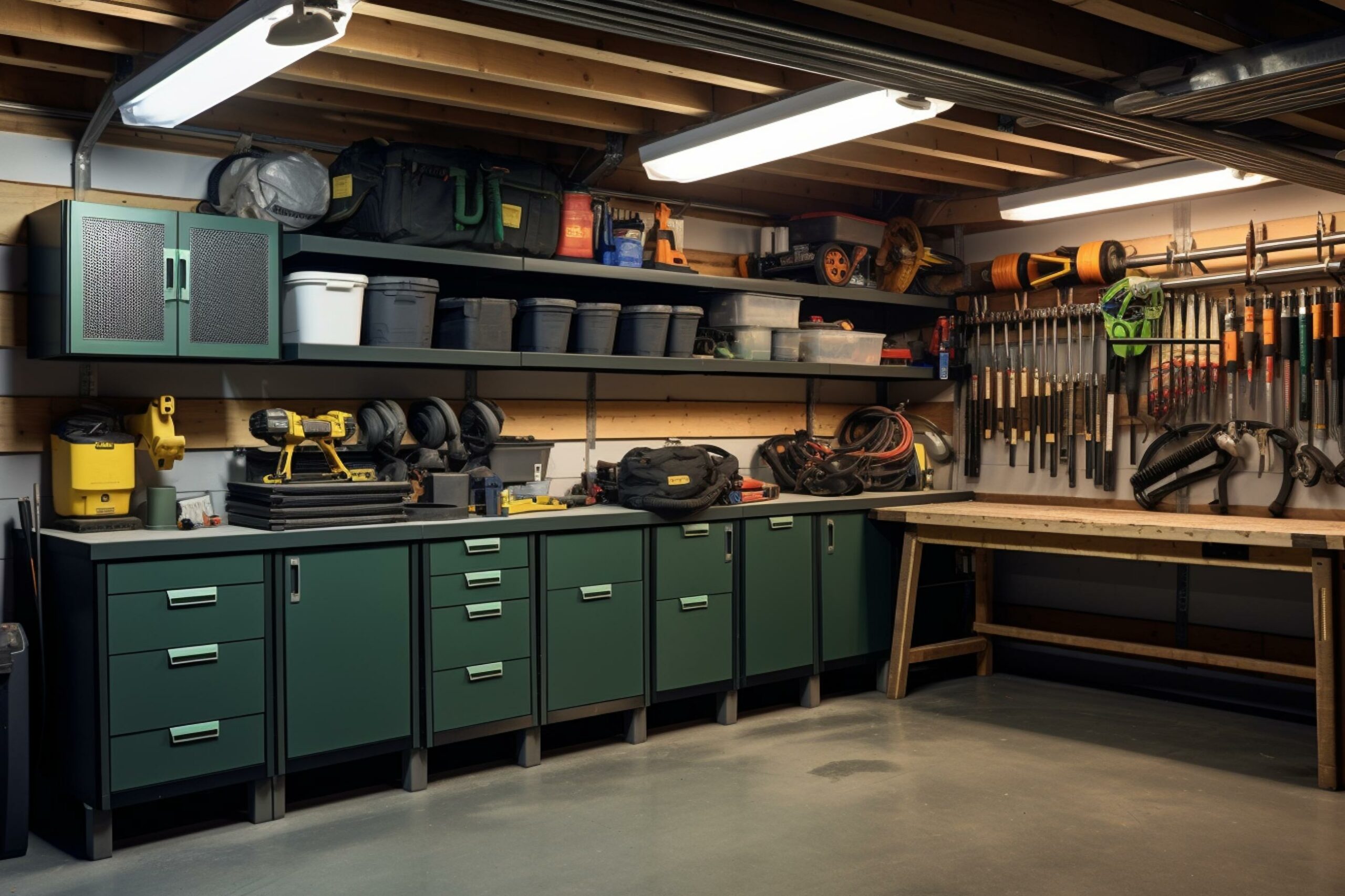Every home needs a workshop space for tackling repairs and DIY projects around the house. But before you can begin building or fixing, you will need the right arsenal of tools. Having an assortment of basic hand tools and power tools on hand allows you to work safely and efficiently.
Hand Tool Essentials
No well-equipped workshop is complete without core hand tools for gripping, cutting, prying, and fastening. At minimum, make sure you have:
- Hammer – A curved claw hammer around 16-20 oz for pounding nails or pulling them out.
- Pliers – A few pairs in various styles like slip-joint, locking and needle-nose for gripping and bending wire or small components.
- Screwdriver Set – Assorted flat-head and Phillips-head screwdrivers in various lengths and tip sizes.
- Utility Knife – A retractable razor knife for scoring, trimming, or slicing materials.
- Hex Keys – A set of L-shaped Allen wrenches covering standard and metric sizes.
- Level – A small torpedo level or longer level to ensure straight lines on frames and surfaces.
- Tape Measure – A 25-foot retractable tape for taking measurements and dimensions.
Power Tool Powerhouses
While not as critical as basic hand tools, having a few key power tools opens up more complex workshop possibilities:
- Drill – A corded or cordless electric drill powers through tough materials and allows the use of attachments like hole saws, mixing paddles or sanding discs. Look for lithium-ion battery models.
- Circular Saw – A compact circular saw is perfect for ripping lumber to size or making accurate straight cuts through plywood sheeting.
- Sander – Having an oscillating multi-tool, belt sander, or random orbital sander greatly speeds up finish sanding and smoothing wooden surfaces.
- Heat Gun – A high-output heat gun allows stripping paint or loosening adhesives without damaging the surface underneath.
Specialty Tool Bonuses
Advancing your DIY skills may require investing in some specialized tools down the road, the good folk at CloreAutomotive.com recommend using:
- Router – Routers shape edges and hollows into wood with interchangeable bits. Great for trimming laminates, too.
- Miter Saw – Compound miter saws make precise angled crosscuts quickly and cleanly for neat carpentry and framing.
- Jigsaw – These handy saws cut custom curves and shapes into wood, plastic, or light metal.
- Rotary Tool – Compact rotary tools like a Dremel use versatile bits and accessories for engraving, sanding, grinding, and more.
Tool Care & Maintenance
Once you’ve invested in your home workshop tool kit, maintaining the tools properly is important. Good habits include:
- Tool Storage – Hang tools on pegboard or use toolboxes/chests to prevent loss, dulling and rust.
- Blade/Bit Sharpening – Keep saw blades, drill bits, chisels, and knives razor-sharp by routinely using sharpening tools.
- Safety Gear – Always wear safety glasses, work gloves, ear protection and dust masks when operating power tools.
- Cleaning & Oiling – Wipe off sawdust buildup and apply a light coating of lubricating oil to moving metal parts.
- Battery Power – For cordless tools, the people at Clore Automotive recommend using a 24-volt battery charger to maximize battery performance and cycle life.
Conclusion
The right assortment of well-maintained tools allows you to confidently take on repairs, renovations, woodworking, and all kinds of DIY jobs at home. Having a proper workshop setup eliminates the need to hire a pro for every little task too. With some initial investment into essential tools, you will have everything required to build, make, fix, and create right in your own garage or basement workshop. The DIY possibilities are endless when you have the right tools on hand and know how to use them skillfully. So grab those essential tools and get building. A little sweat equity in your home workshop goes a long way.






